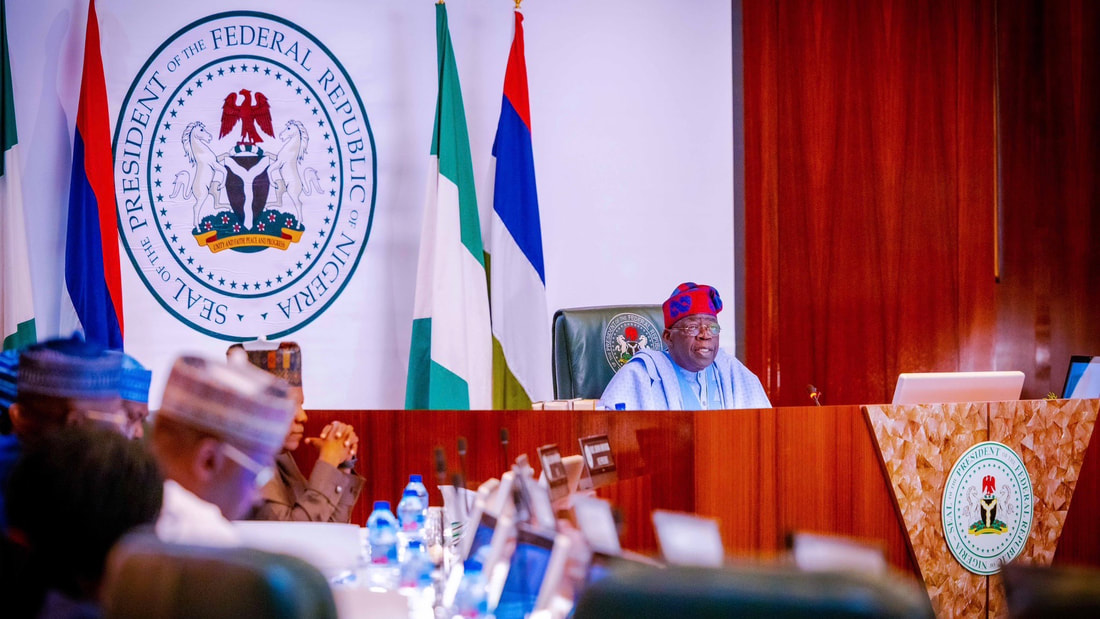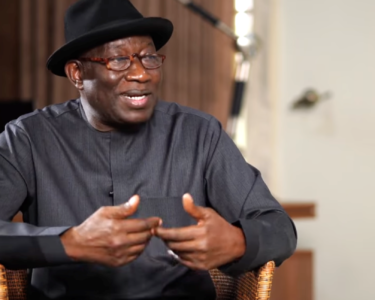The International Monetary Fund (IMF) has revised its economic forecast for Nigeria, projecting a slowdown in the country’s growth for 2024.
According to the latest World Economic Outlook report released on Tuesday, Nigeria’s economy is now expected to grow at 2.9 per cent in 2024, maintaining the same growth pace recorded in 2023.
The latest projection is a 0.2 per cent decrease from the previous projection in July and a 0.4 per cent decrease from the previous projection in April. This adjustment reflects the IMF’s cautious stance on the challenges facing emerging markets, including Nigeria. The international lender said, “The revision reflects slower growth in Nigeria, amid weaker-than-expected activity in the first half of the year.”
However, the IMF also noted that the projected growth for 2025 stands at 3.2 per cent, which is 0.2 per cent higher than the projections made in July and April this year.
 A vendor sells fresh pumpkin leaves at Yaba market in Lagos, Nigeria. Nigeria is poised to expand 2.6% this year and 3.1% next.
A vendor sells fresh pumpkin leaves at Yaba market in Lagos, Nigeria. Nigeria is poised to expand 2.6% this year and 3.1% next.
In the latest edition of Africa’s Pulse, a report by the World Bank, Nigeria’s gross domestic product (GDP) is projected to grow by 3.3% in 2024, with a slight acceleration to 3.6% in 2025-2026.
The report read, “Economic growth in Nigeria is projected at 3.3% in 2024 and 3.6% in 2025–26 as macroeconomic and fiscal reforms gradually start yielding results. Inflation peaked in June 2024 at 34.2% year-on-year and decelerated to 33.4% in July and further to 32.2 per cent in August.”
However, for the IMF, Nigeria’s inflation is projected to drop from an average of 32.55% in 2024 to 25% by 2025.
During a press conference unveiling the World Economic Outlook (WEO) at the ongoing IMF/World Bank annual meetings in Washington, D.C., the IMF urged countries facing high inflation, including Nigeria, to adopt tighter monetary policies to stabilise their economies.
 Nigerian President Bola Tinubu.
Nigerian President Bola Tinubu.
Pierre-Olivier Gourinchas, the IMF’s economic counsellor and director of research, stressed the need to balance monetary and fiscal policies in order to tackle inflation and debt challenges.
“In countries where inflation is very high, we recommend maintaining a tight monetary policy stance. In some cases, when possible, fiscal consolidation can also help, though this is often complicated by the trade-offs many nations face,” he said.







